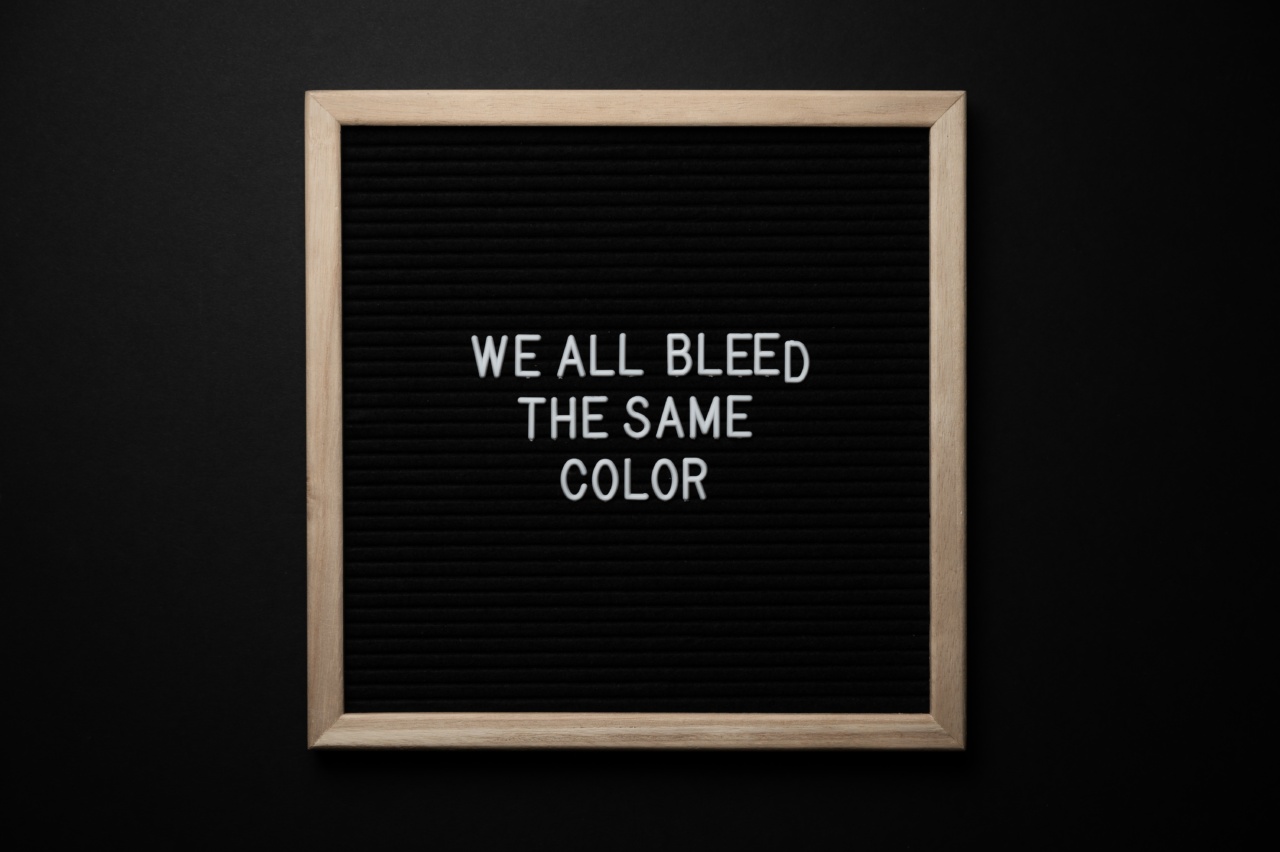Infidelity is a complex and sensitive topic that affects relationships globally. In recent years, society has become more accepting and embracing of diverse sexual orientations and identities.
This increased acceptance has prompted discussions about same-sex infidelity and how individuals and communities respond to such situations.
In this article, we will explore the level of acceptance and understanding surrounding same-sex infidelity, societal attitudes, factors that influence acceptance levels, and potential ways to navigate the challenges faced by individuals and couples in these circumstances.
Societal Attitudes Towards Infidelity
Infidelity, regardless of sexual orientation, has historically been heavily stigmatized. Society often views infidelity as a betrayal of trust, potentially leading to broken relationships and emotional trauma for all involved parties.
However, as societal norms and values evolve, so do attitudes towards infidelity.
With greater acceptance towards different sexual orientations, there is a growing recognition that infidelity can occur within same-sex relationships, just as it does in opposite-sex relationships.
However, it is essential to understand the unique dynamics that same-sex infidelity brings and the different ways in which society perceives and responds to it.
Factors Influencing Acceptance
Several factors influence the acceptance levels towards same-sex infidelity. One significant factor is cultural and religious beliefs.
Cultures that heavily rely on traditional values and view same-sex relationships as immoral or sinful are less likely to accept same-sex infidelity.
On the other hand, societies that prioritize individual freedoms, personal happiness, and the right to pursue fulfilling relationships are more likely to exhibit greater acceptance levels.
Additionally, societies that have made significant progress in LGBTQ+ rights and inclusivity are more likely to be accepting of same-sex infidelity as an aspect of human nature that transcends sexual orientation.
Challenges Faced by Same-Sex Couples
Same-sex couples face unique challenges when it comes to infidelity. One of the significant challenges is the reluctance to seek help or support due to fear of judgment or lack of accessible resources tailored to their specific needs.
Many LGBTQ+-inclusive resources focus primarily on relationship issues within heterosexual partnerships, leaving same-sex couples feeling isolated and unheard.
Furthermore, the limited representation of same-sex relationships in mainstream media and popular culture can compound the challenges faced by same-sex couples dealing with infidelity.
Feelings of invisibility and the absence of relatable narratives can exacerbate feelings of isolation, shame, and confusion.
Impact on Relationships and Individuals
Similar to infidelity in heterosexual relationships, infidelity in same-sex relationships can have significant consequences for both the individuals involved and the relationship as a whole.
The emotional impact of betrayal, loss of trust, and feelings of inadequacy can be profound.
However, due to societal and cultural factors, the impact of infidelity can sometimes manifest differently for same-sex couples.
For example, some may experience additional concerns about their broader support systems, fearing judgment or abandonment from friends, family, or their LGBTQ+ communities.
Supportive Approaches and Resources
Despite the challenges faced by same-sex couples, various organizations and resources are emerging to provide support and guidance.
LGBTQ+-focused therapy and counseling services are becoming more accessible, offering a safe space for couples and individuals to address the complexities of infidelity within same-sex relationships.
Online communities and forums play a vital role in creating connections and a sense of belonging for individuals navigating the aftermath of infidelity.
These platforms provide a space for sharing stories, seeking advice, and finding solace in the experiences of others who have faced similar challenges.
Communication and Rebuilding Trust
Open and honest communication is crucial when dealing with infidelity in any relationship. For same-sex couples, effective communication becomes even more critical due to potential external challenges they may face.
It is essential for partners to create safe spaces where they can openly discuss their feelings, concerns, and expectations moving forward.
Rebuilding trust is a long and gradual process, and seeking professional help can greatly assist the healing journey.
Therapists with experience in working with LGBTQ+ individuals and couples can provide valuable guidance and support during this challenging time.
Legal Considerations for LGBTQ+ Relationships
Legal considerations within same-sex relationships can add further complexity when infidelity occurs. Depending on the jurisdiction, laws regarding marriage, civil partnerships, and parental rights may differ for LGBTQ+ individuals.
Understanding the legal implications and seeking legal counsel, where necessary, can help same-sex couples navigate potential challenges related to infidelity, such as property division or custody disputes.
Being informed about legal options empowers individuals to make informed decisions relating to their well-being and the well-being of any children involved.
Conclusion
As society continues to evolve and become more accepting, discussions around same-sex infidelity are gaining prominence.
Acceptance levels vary across cultural, religious, and societal contexts, with progressive societies generally exhibiting greater understanding and inclusivity.
Same-sex couples facing infidelity encounter unique challenges and obstacles that require tailored support and resources.
However, with the emergence of LGBTQ+-focused therapy services, online communities, and increased representation in media, individuals and couples navigating same-sex infidelity can find solace, guidance, and the understanding needed to heal and rebuild their relationships.




























